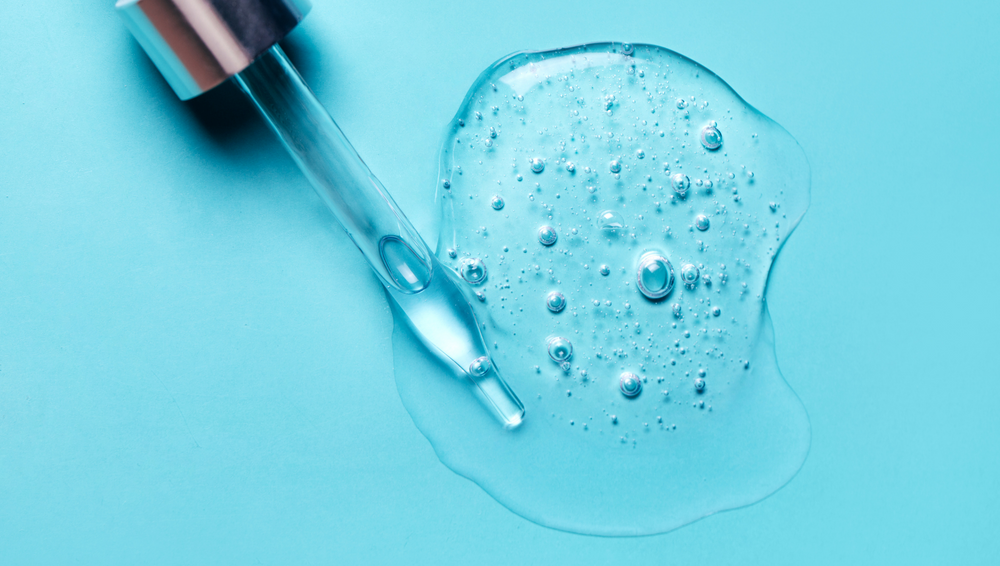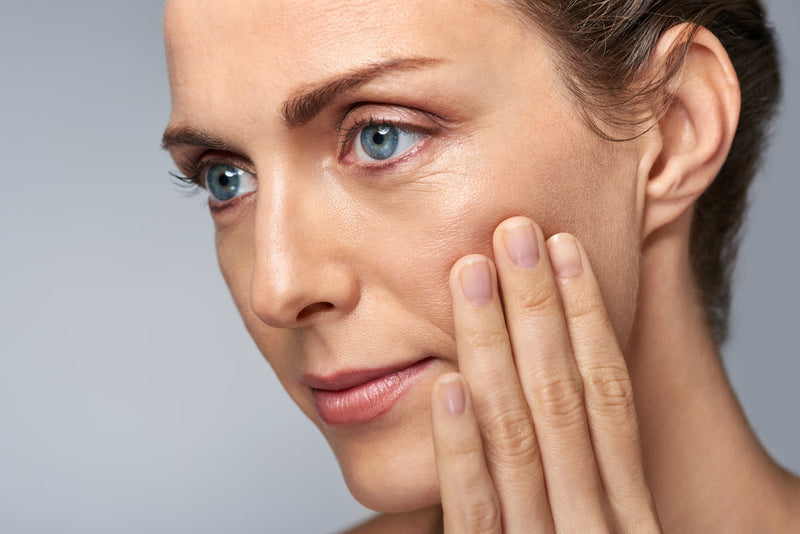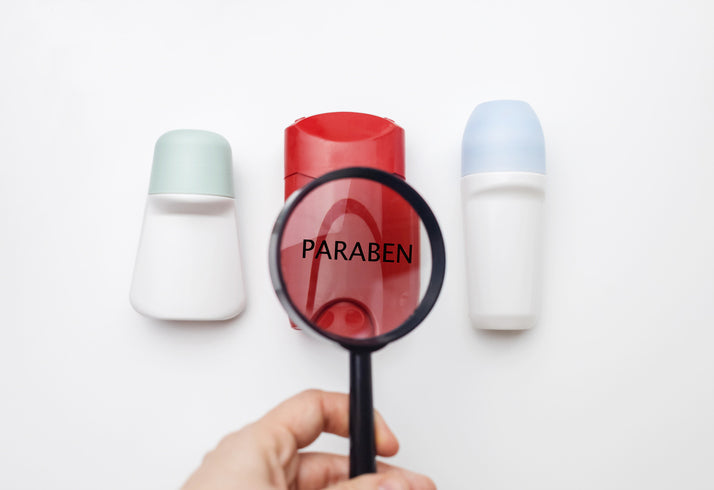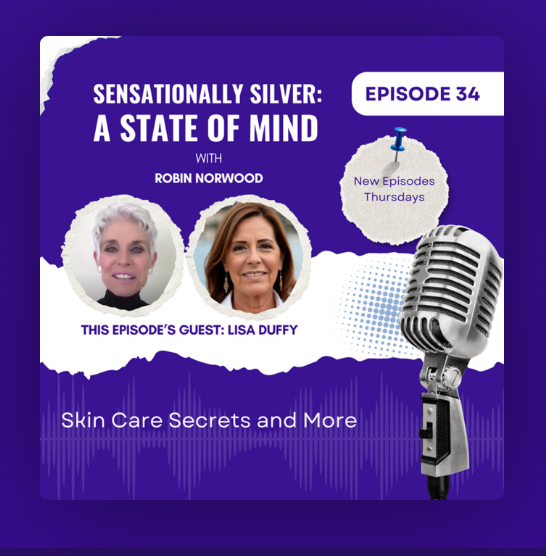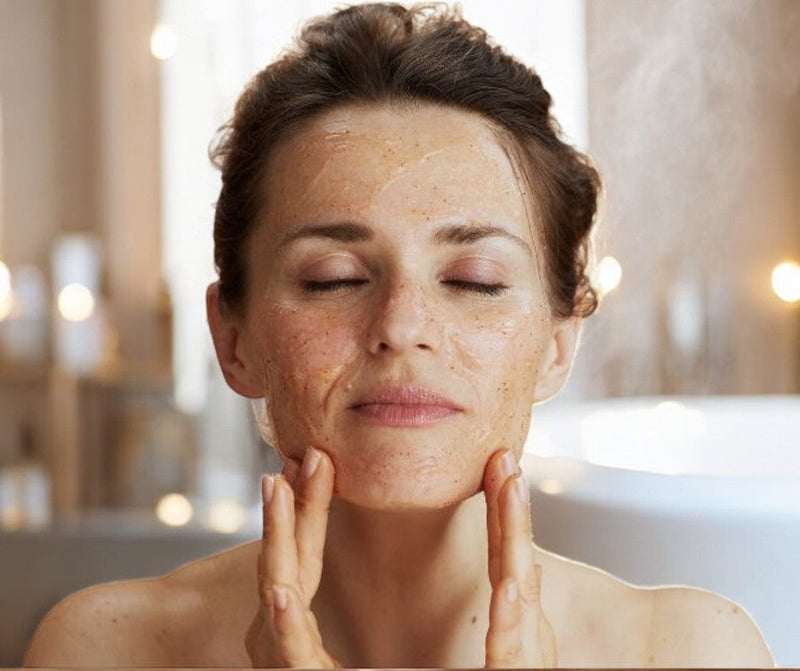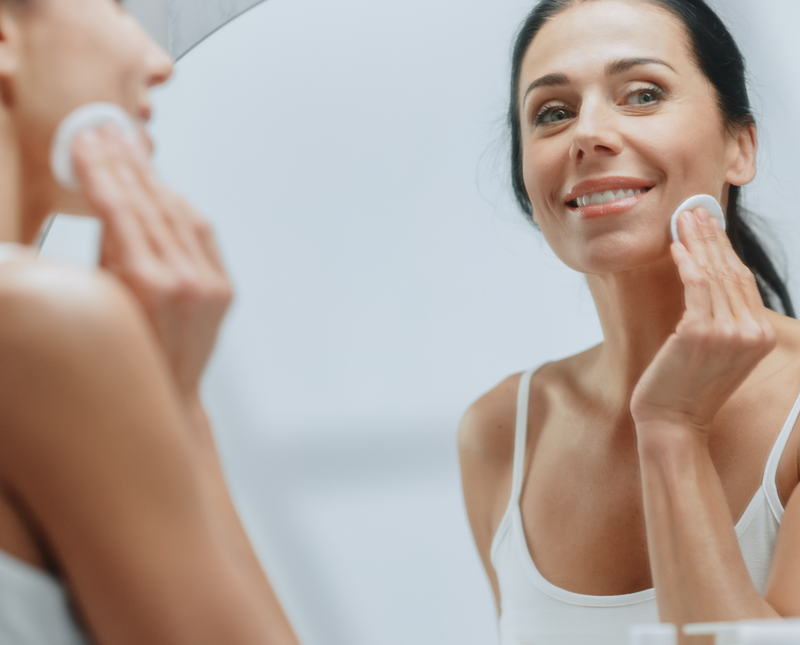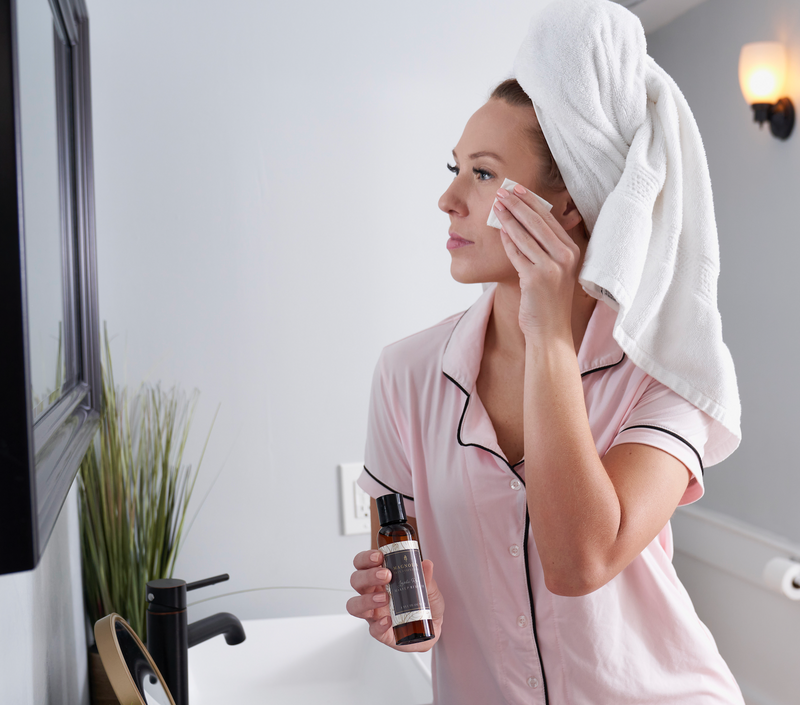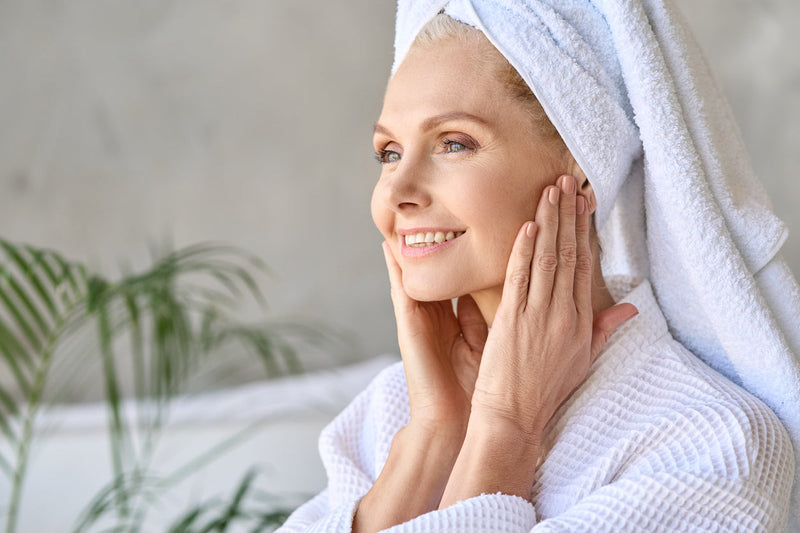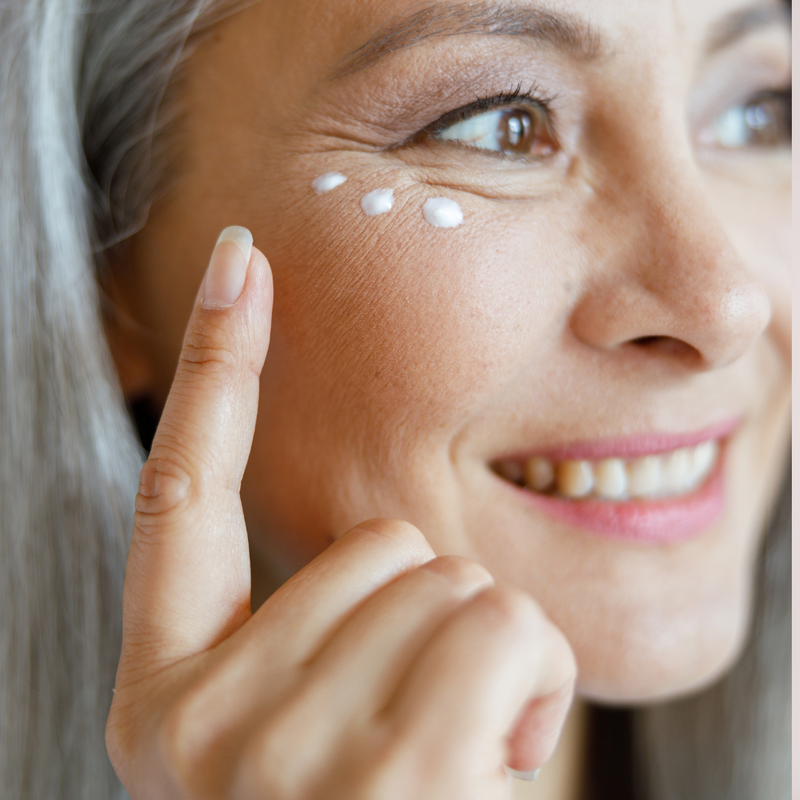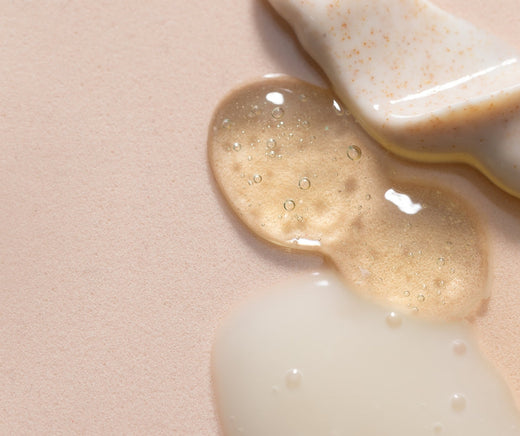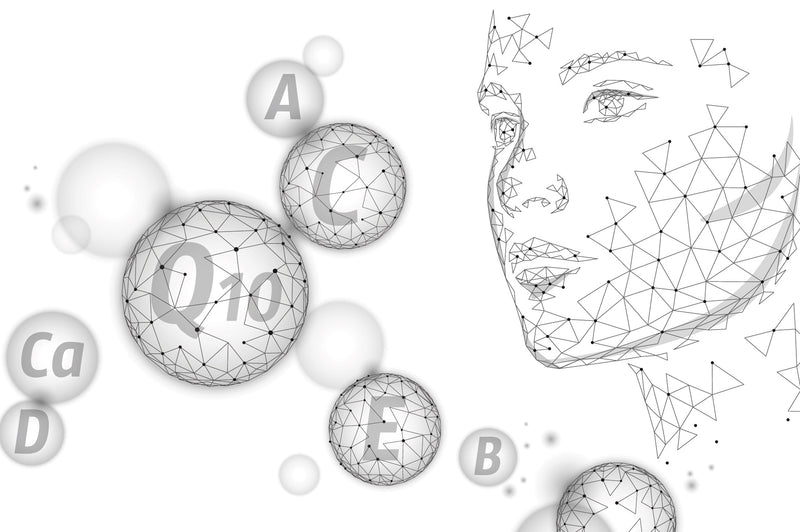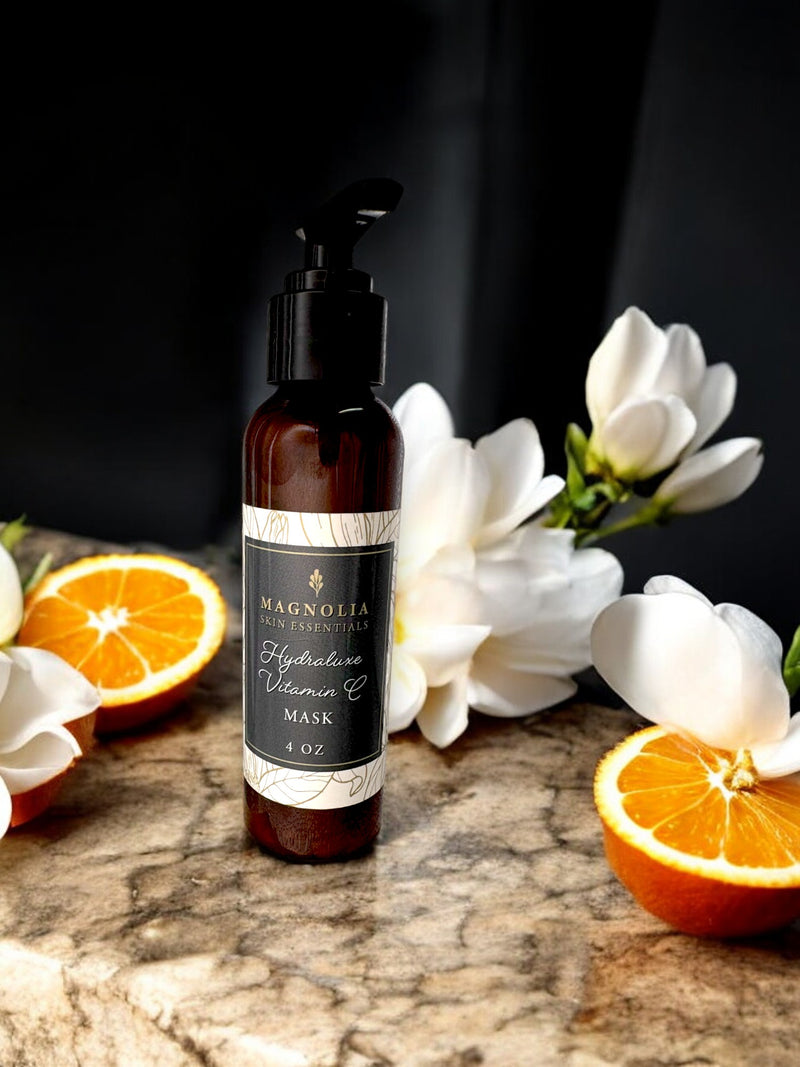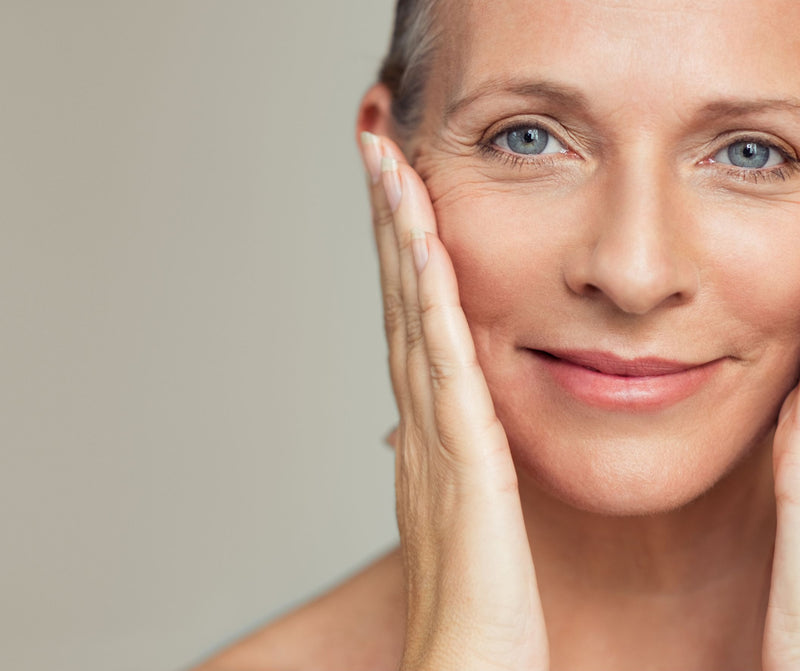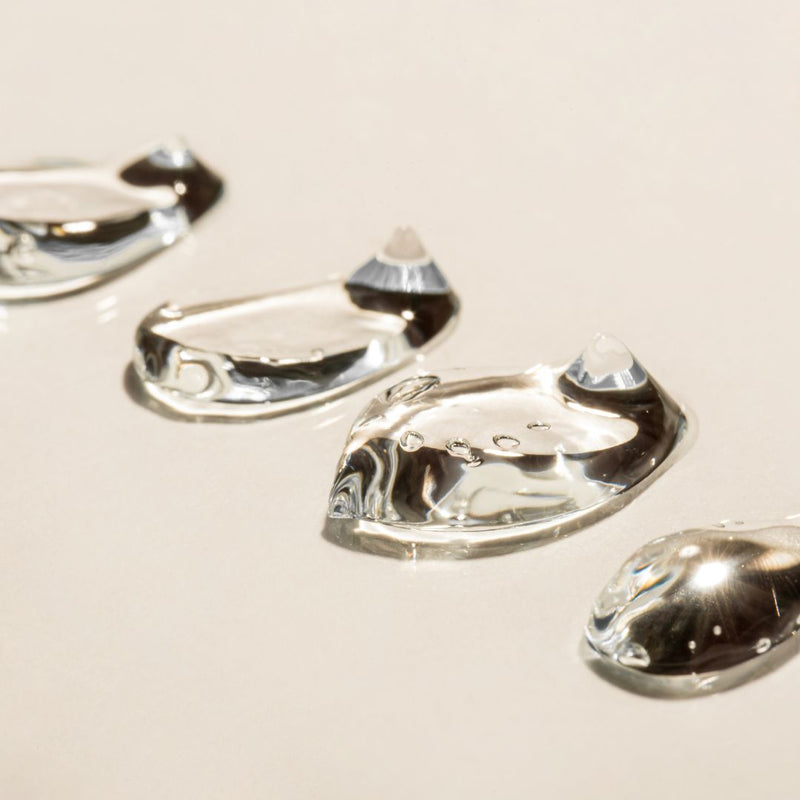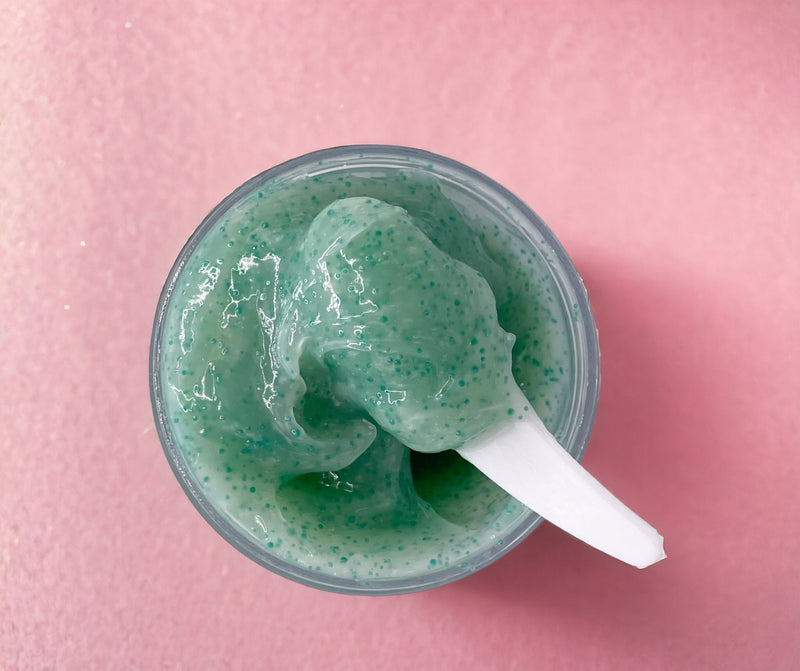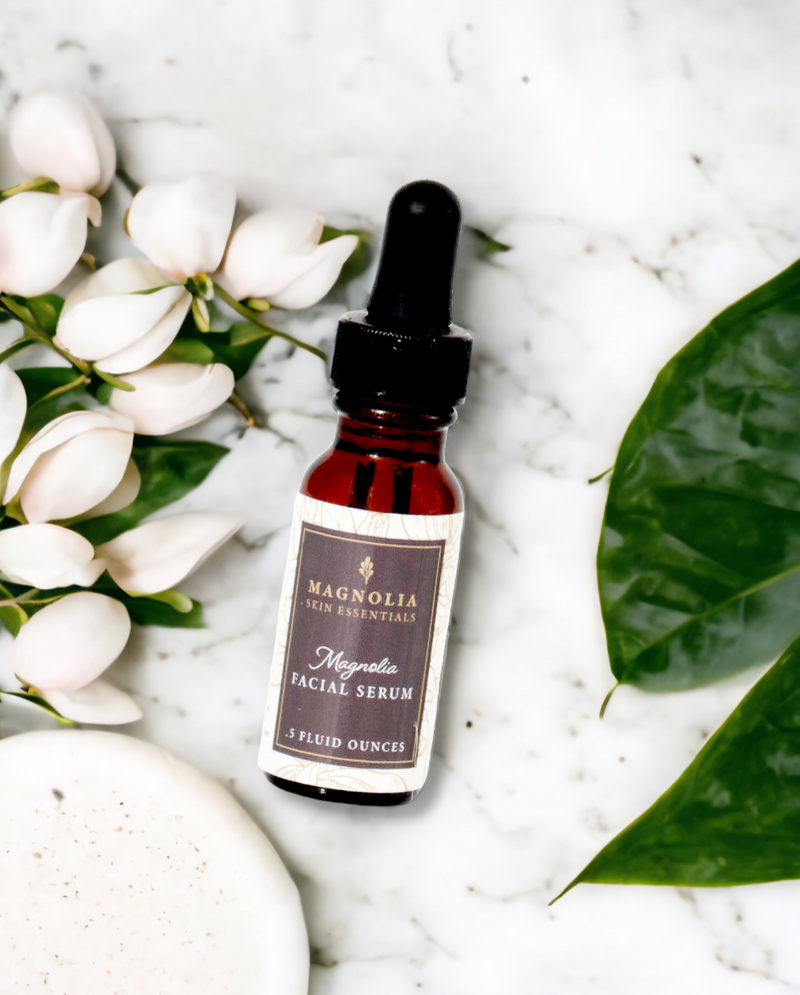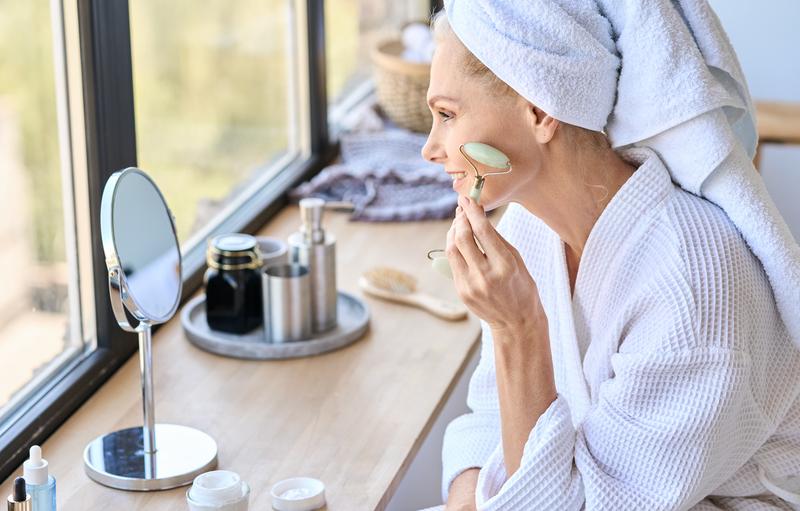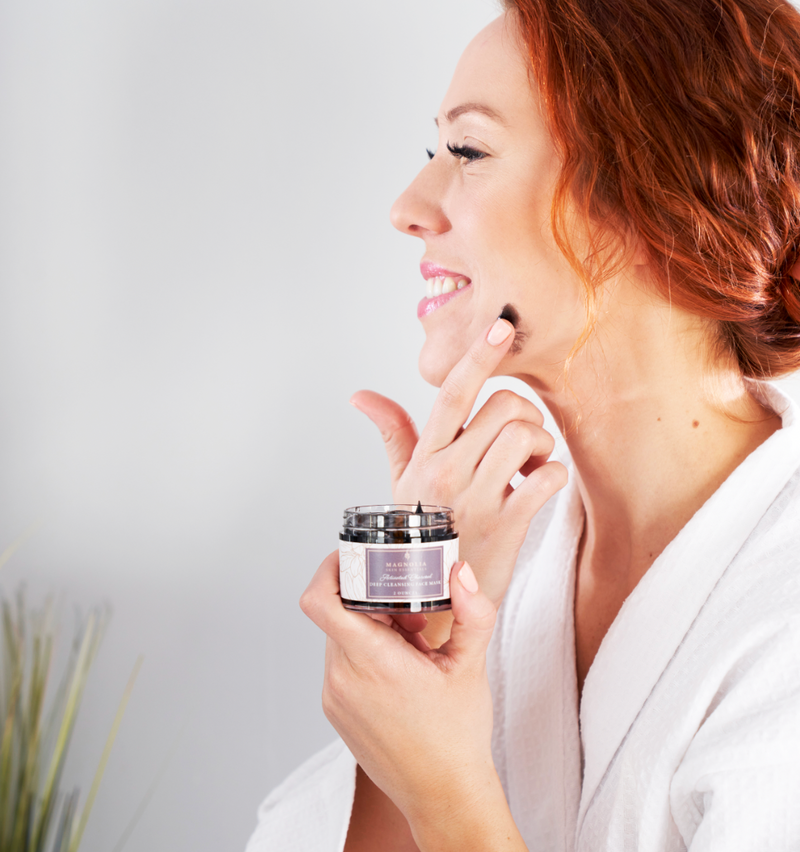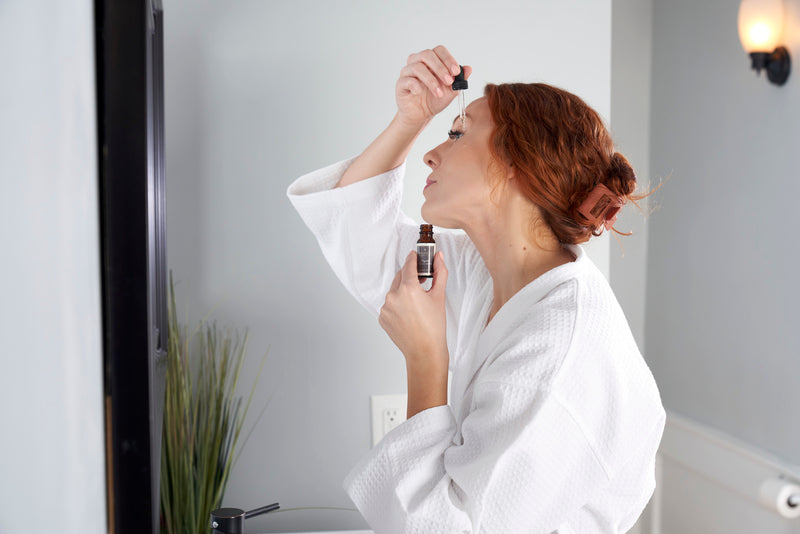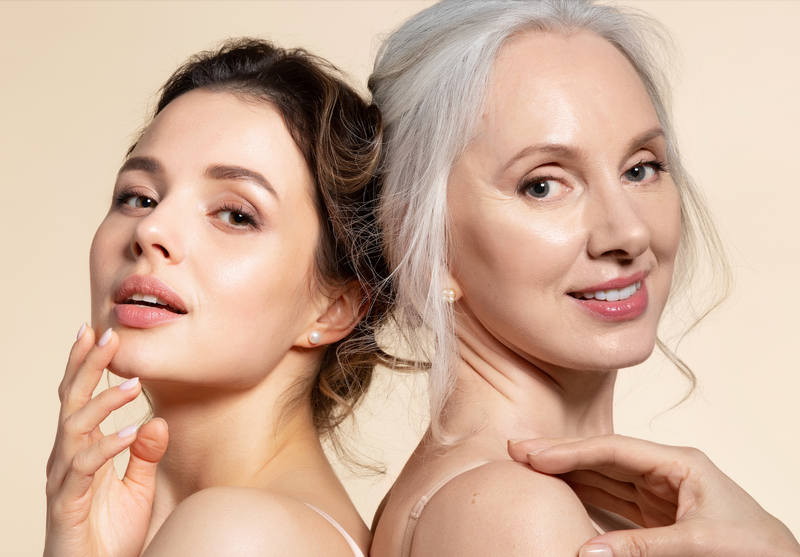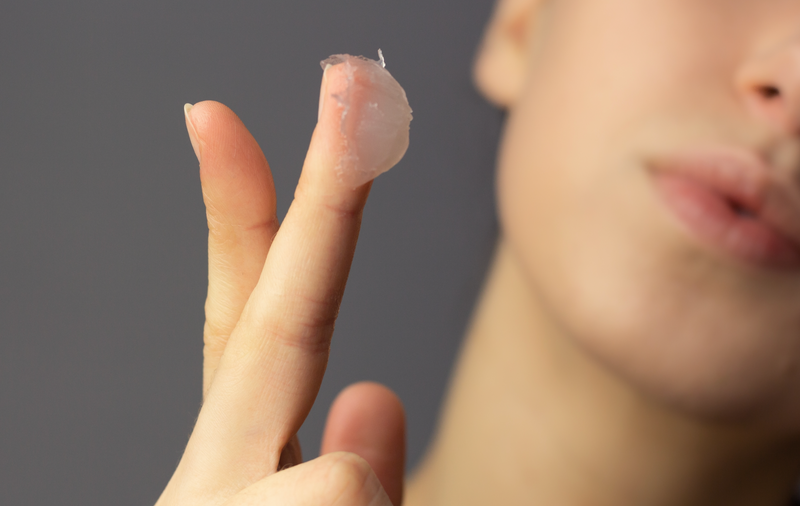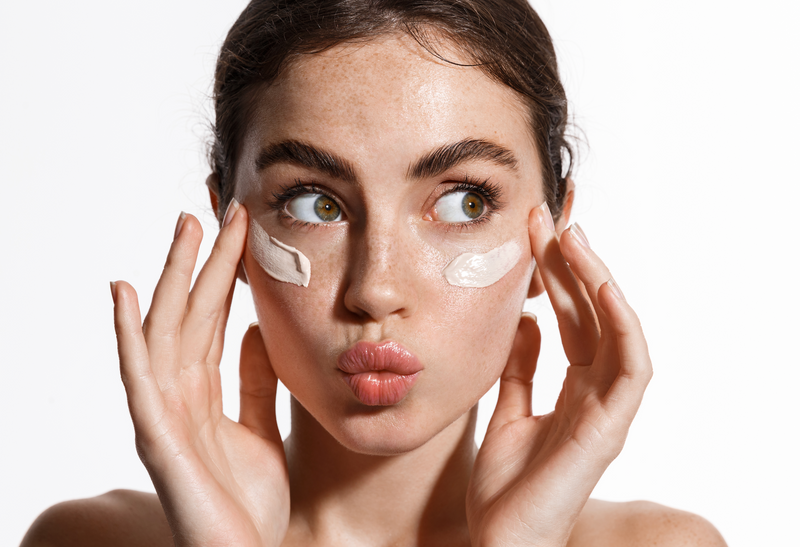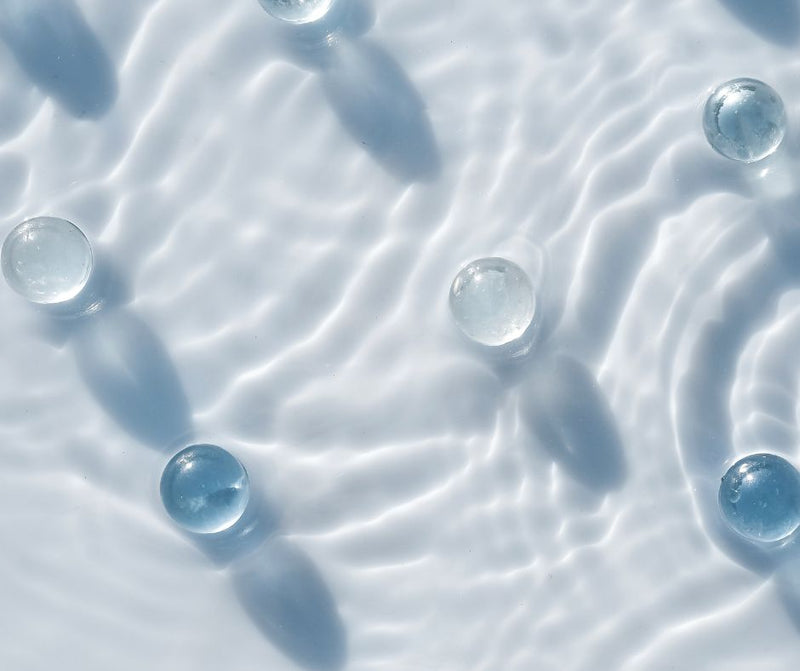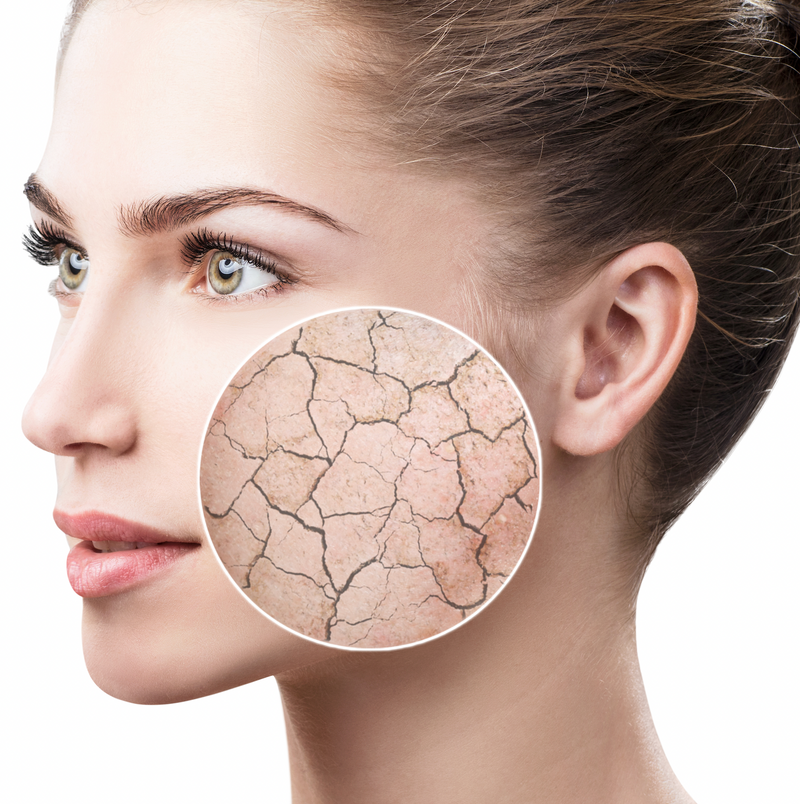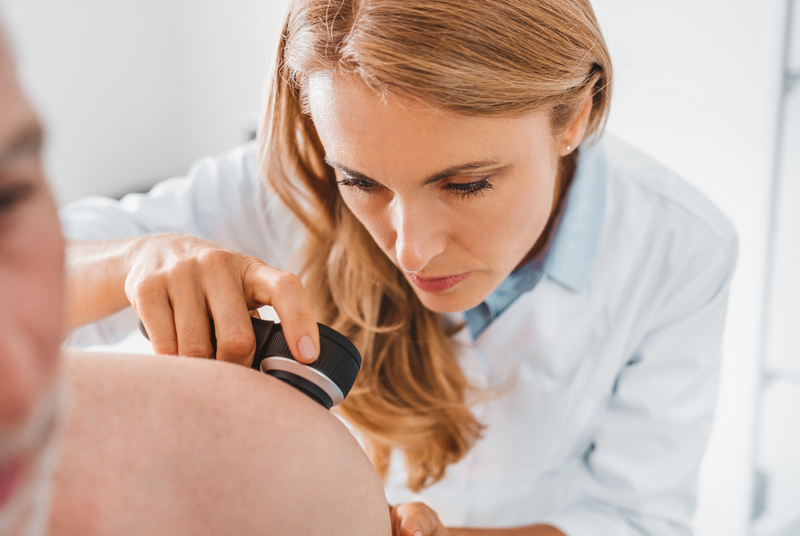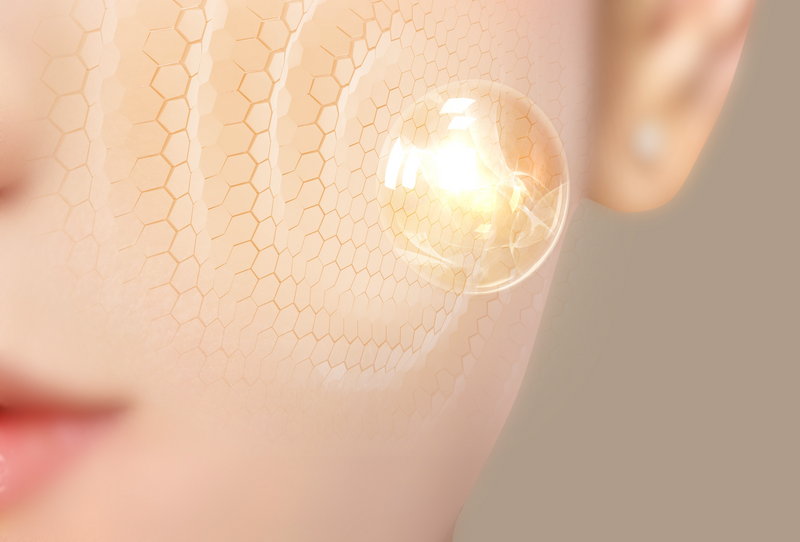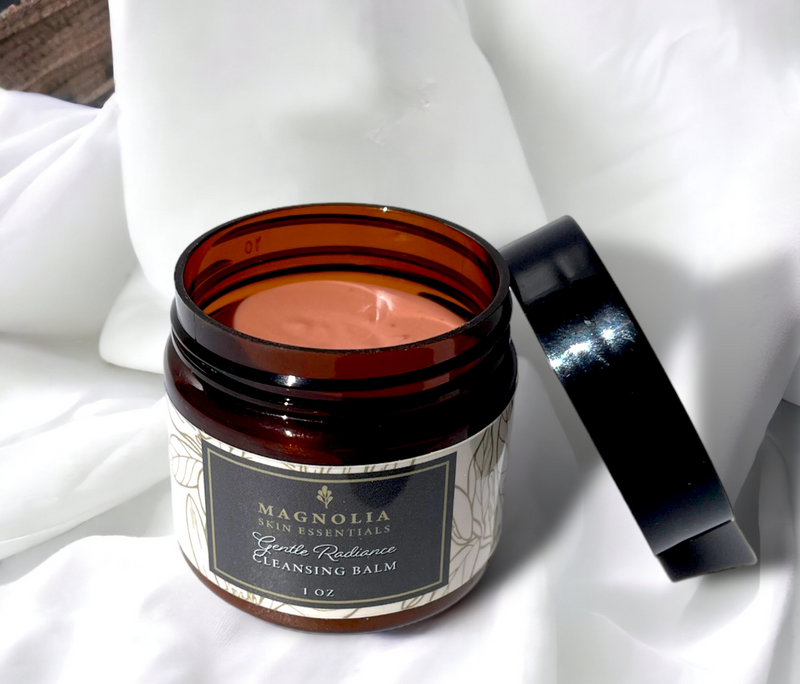I’ve often heard people say, “Wouldn’t it be great to go back a couple of hundred years and live in a time that was simpler and more natural?” I can definitely understand the sentiment behind this idea, but frankly, I like indoor plumbing. I like gas stoves and microwaves. And something I really like that you couldn’t find back then is Hyaluronic Acid! Two hundred years ago, we didn’t know what this was, so a big thank you to the researchers who discovered this completely natural ingredient that has so many wonderful attributes! And so, I’d like to share with you some very special facts about Hyaluronic Acid because it is an amazing ingredient!
Where Does It Come From?
Hyaluronic acid is a naturally occurring glycosaminoglycan in our bodies. It is a humectant, which means it hydrates and moisturizes your skin. It actually has the capacity to hold 6,000 times its weight in water!
Approximately 50% of the Hyaluronic Acid found in our bodies is present in our skin, primarily in the dermis where much of the reparative and regenerative activity take place. Some experts assert that the less hyaluronic acid you have in your skin, the thinner and drier it appears. No wonder so many cosmetic and skincare companies include Hyaluronic acid in their formulations.
But the actual Hyaluronic acid used in the skincare products we know and love is mostly produced from rooster combs and bacterial fermentation. Rooster combs!
So, get excited! And here are some great things to know as you consider purchasing a skincare product that contains Hyaluronic Acid:
1. Hyaluronic Acid is very safe if used in appropriate amounts (1-2% of the overall product ingredients is a good rule of thumb because more than this can cause skin irritation), and delivers great results no matter what your skin type is. This is great news, especially for people with combination skin that can be difficult to treat and expensive when purchasing all the different products. But a word of caution… just as too much can cause issues, you also want to use products that have meaningful amounts in them. Many of the big companies use minuscule amounts of ingredients like Hyaluronic Acid just so they can claim their product has it, so If it’s simply used as a marketing ingredient, you won’t really see any results.
2. Because of its capacity to hold water, Hyaluronic Acid offers a “plumping” effect when used on the skin, and this creates a more firm look to a face that has fine lines and wrinkles. Serums, creams, and gels containing 1% Hyaluronic Acid in their solutions offer beautiful results. It’s important to note that these products do not replace the Hyaluronic Acid in your skin.
3. Hyaluronic Acid can actually reduce the appearance of acne scars, increase the moisture level of damaged skin and accelerate damage repair (Final report of the safety assessment of hyaluronic acid, potassium hyaluronate, and sodium hyaluronate, Lillian C Becker 1, Wilma F Bergfeld, Donald V Belsito, Curtis D Klaassen, James G Marks Jr, Ronald C Shank, Thomas J Slaga, Paul W Snyder, Cosmetic Ingredient Review Expert Panel; F Alan Andersen, Jul-Aug 2009).
Dr. Michelle Jeffries, Dermatologist, states: “Hyaluronic acid does not reduce acne breakouts… However, there is a good amount of evidence that you can use hyaluronic acid for acne scars. Here’s a 2018 study and a 2020 study confirming HA injections are safe and effective treatment for acne scars.” (Hyaluronic Acid: Can it heal acne or acne scars?)
Want more exciting news? In the next several weeks, Magnolia Skin Essentials will be revealing a new product with Hyaluronic Acid that you will love and comes with the same skin-safe guarantee as always: CLEAN. No toxic, synthetic chemicals EVER.
So be on the lookout and check back for an announcement about this exciting product coming soon!!

